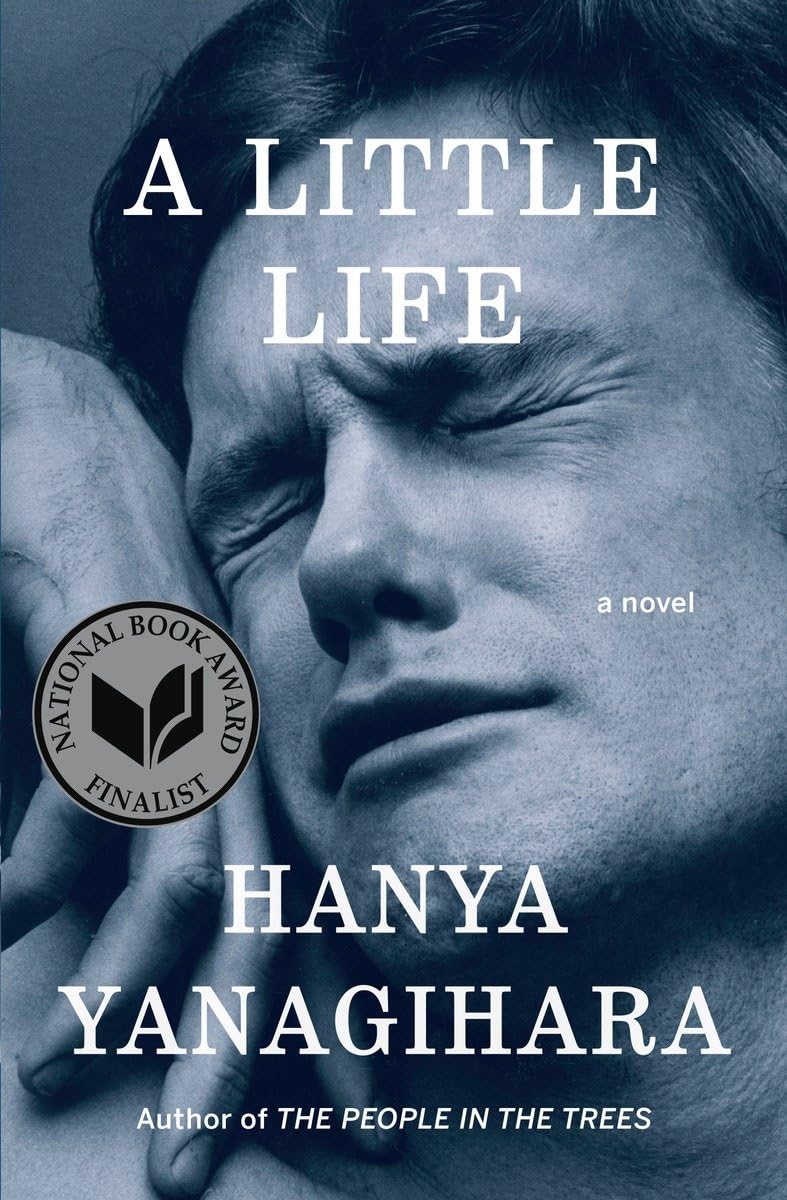VII LISPENARD STREET
byVII Lispenard Street marks the starting point of a journey filled with remembrance and sorrow. On the second anniversary of a devastating event, the narrator and their close companions leave New York behind, seeking refuge in Rome, where memories of grief and loss feel slightly less oppressive. Their visit coincides with a ceremony at the American Academy, a tribute to a young architect’s scholarship funded by the Irvine family in memory of their late son. Despite the gathering of familiar faces and the shared solace of remembrance, an undeniable weight of sorrow lingers in the air, as if grief itself had traveled with them across the ocean.
The narrator finds themselves reflecting on the intricate dynamics of their circle, where moments of happiness and despair intertwine, shaping the collective history of their friendships. Central to these reflections is Jude, a person whose presence was once inescapable, yet whose absence now feels equally overwhelming. While Jude’s life was marked by profound suffering, he had also been a source of great love and connection, leaving behind an indelible mark on those who knew him. In an almost mundane moment, the narrator recalls buying gelato in Rome, an act so simple yet deeply significant, as it serves as a silent tribute to Jude, a reminder of the little rituals and shared experiences that once brought fleeting joy amid his struggles.
Back in New York, the weight of Jude’s life and the complexities of his existence come into sharper focus. The narrator revisits Jude’s battles with his past, the haunting echoes of childhood trauma, and his relentless struggle with self-worth, which shaped his every interaction. Despite the unwavering support of his friends, Jude often found himself trapped in his own suffering, unable to fully accept love or believe in his own right to happiness. Even in moments of tenderness, his trauma cast a shadow over his relationships, turning even acts of kindness into burdens, as if he were always anticipating the eventual loss.
The narrator struggles with the heartbreaking realization that love, no matter how deep or unconditional, has limits when pitted against the monsters of the past. There is pain in watching someone you love fight a battle you cannot win for them, a sentiment that is painfully clear in Jude’s downward spiral. His suffering manifests in silent anguish, in fleeting attempts at normalcy, and in moments of despair that seem endless. Those who loved him grappled with their own emotions, torn between hope and helplessness, between anger at his self-destruction and the unbearable sadness of seeing him disappear piece by piece.
After Jude’s suicide, the narrative shifts, reflecting on the meaning of grief and the impossibility of closure in the wake of such profound loss. The narrator, alongside their friends, attempts to piece together the remnants of Jude’s life, finding letters and recordings he left behind, offering a window into his thoughts. These messages bring both comfort and torment, raising questions about what could have been done differently, if anything at all. Was love ever enough to save him? Could anything have changed the course of his fate? Such questions, ultimately, have no answers, leaving only echoes of what was lost.
In the final moments of contemplation, the narrator considers the idea of an afterlife, wondering if there exists a place where Jude has finally found peace, free from the pain that consumed him in life. Whether in reincarnation, a parallel existence, or a world beyond comprehension, they cling to the hope that somewhere, Jude is whole again. The lingering ache of his absence remains, but so does the enduring power of love, a force that refuses to be diminished by death, distance, or time.
The chapter masterfully encapsulates the raw and intricate layers of human emotion, exploring mental illness, grief, love, and the profound impact of loss. The writing captures not just the tragedy of Jude’s story, but also the way his life shaped those around him, proving that even after death, some people never truly leave us. The depth of character, the lyrical, reflective prose, and the intimate portrayal of relationships make this chapter a hauntingly beautiful meditation on what it means to love and lose someone who could never escape their own pain.


